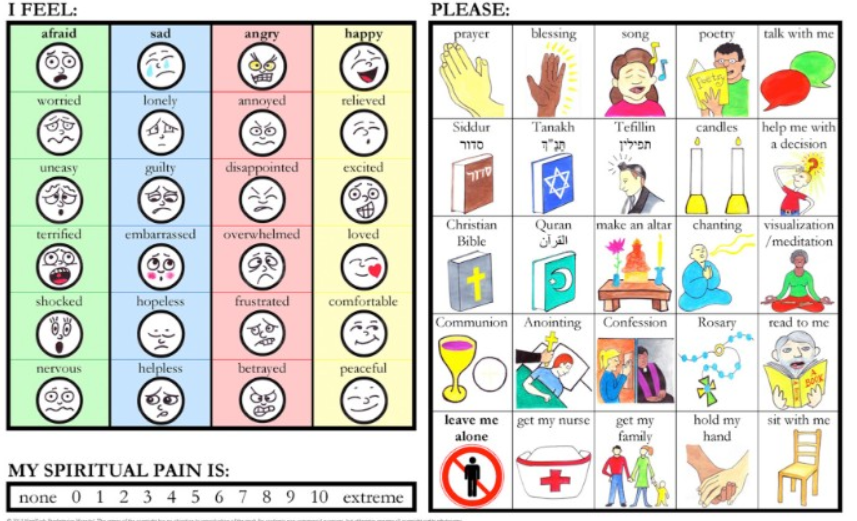Dear School Nurse:
My child has a transplanted organ. Here is what I would like you to know.
My child can get sick faster and harder than most other kids. As you know, schools can be a giant petri dish of germs, and the best way to discourage their spread is by careful hand washing. Please make time to discuss with the class where my daughter is about what careful hand washing looks like. Please have the teacher commit to taking time before lunch to have each child clean their hands, either with soap and water, or with a quick spurt of hand sanitizer as they walk out the door. Discouraging the sharing of food would be good too.
Then, please write a letter home to parents, asking them to err on the side of caution when sending their sick kids to school. Most parents, when they know that sending their borderline contagious kid might send my child to the hospital, will be more likely to think twice about doing so. If you mention that you’d be happy to talk to them on the phone to help them decide, they may or may not take you up on it. I know it’s some extra work for you, but it will probably keep the school healthier as a whole.
Offer to go into the class to talk about organ transplantation. Ask my child how much she wants her classmates to know. Some kids want to share everything, some kids are afraid. But it’s been my experience that the sooner you talk about it, the faster it becomes normalized. My child might not be able to do some sports, like contact sports that involve getting hit in the abdomen, and it’s good to have these discussions in the beginning, so my child can say, “It’s because of my kidney,” if other kids ask.
Because my child is likely to get sick and hospitalized, please help me to set up a 504 as quickly as possible, so that if she is out for more than 5 days in a row, she can get tutoring services, and if she misses a lot of school, I don’t want her to be left back a grade.
This is a lot to ask in the beginning of the school year, and I know that you have a lot to do. But if you help to do these things early, it will make the school year go much smoother. I like to think of us as a team to keep my daughter as healthy as possible. We sort of have “joint custody” over her body–I have her on nights and weekends, and you have her days. Please take care of her. I worry about her all the time, and I want to be able to trust you.
And please, please, please, call me if you have any questions or problems. I want to hear from you. I want to work this out together.
Thank you so much for taking the time to listen to me.
Sincerely,
Darcy Daniels






